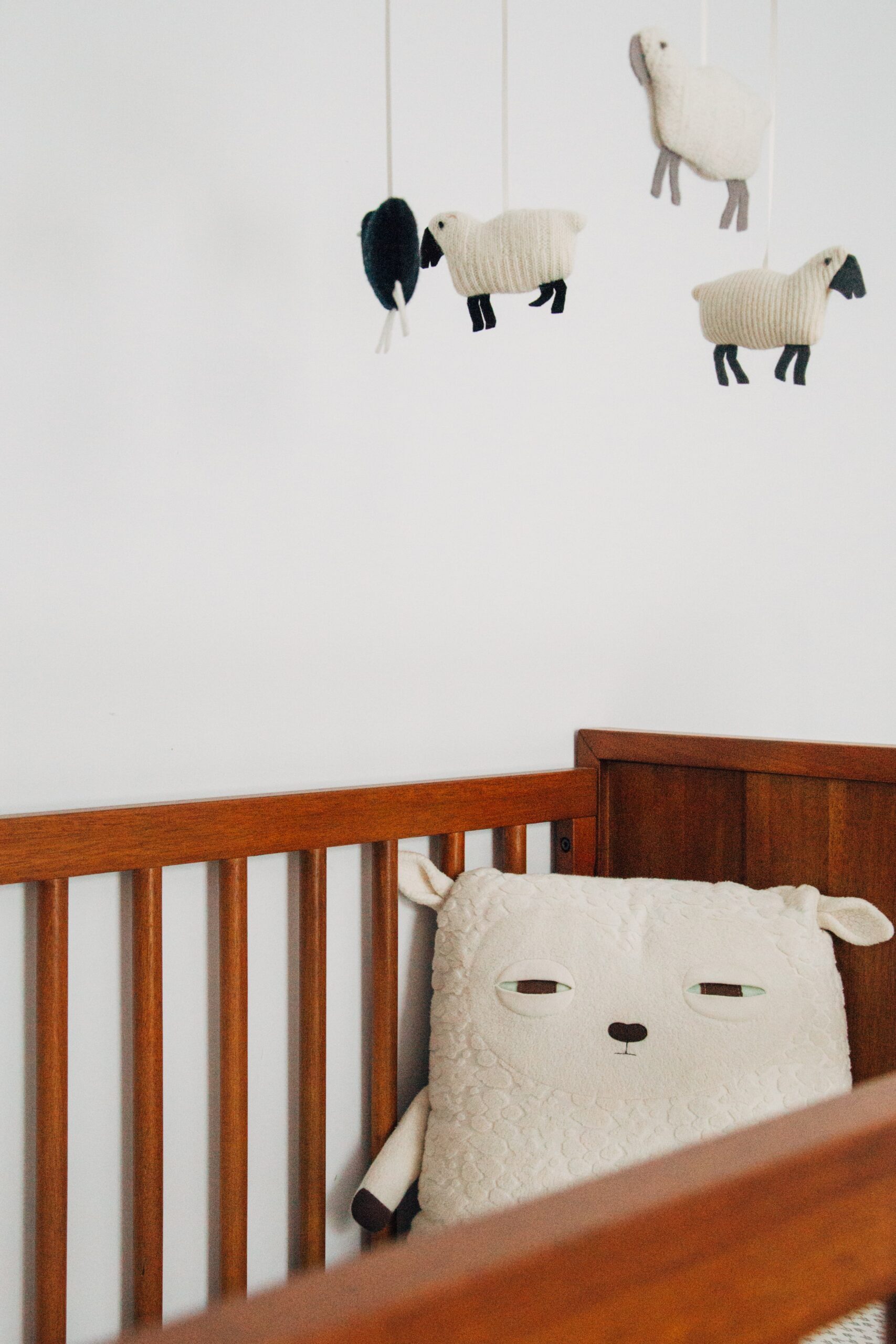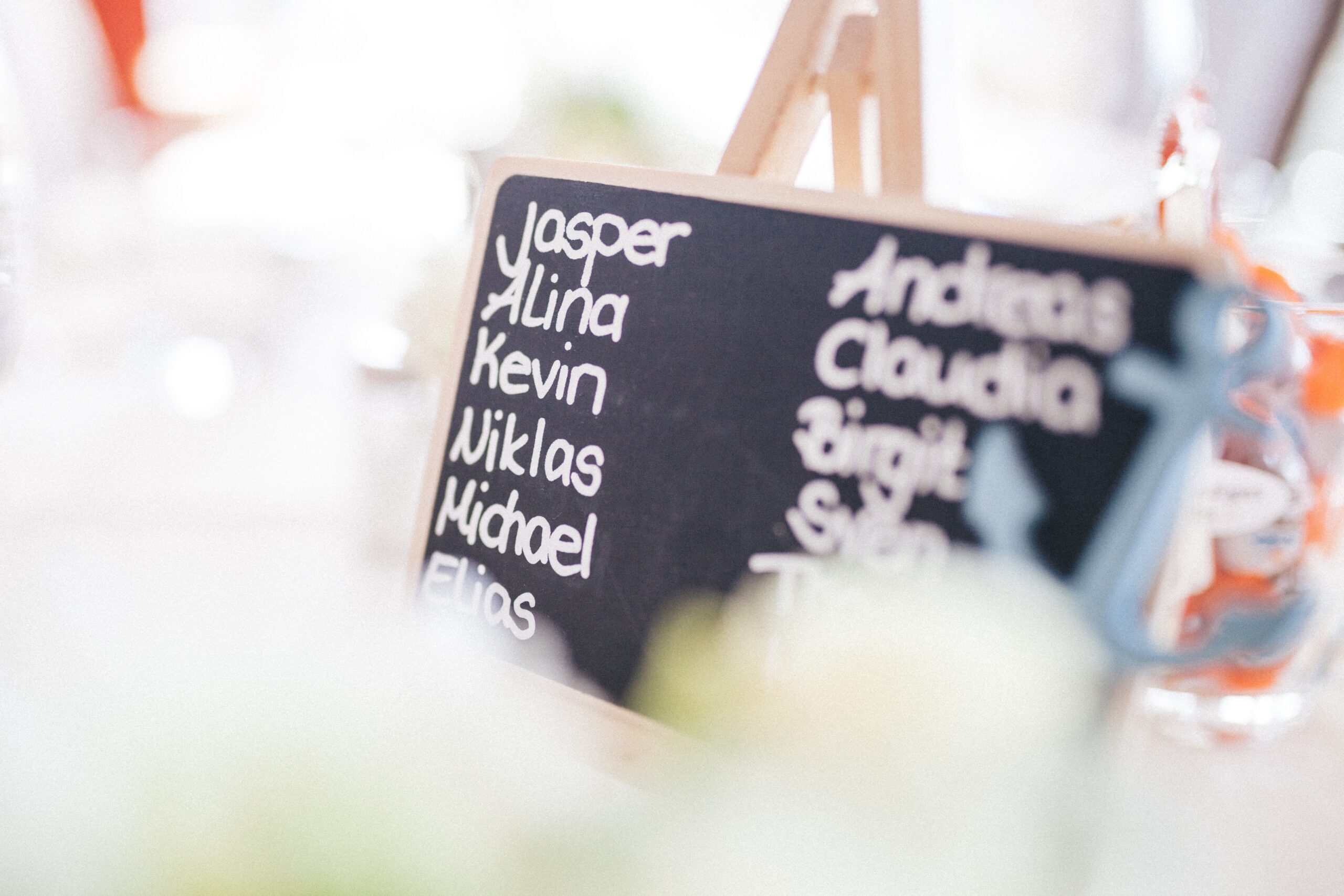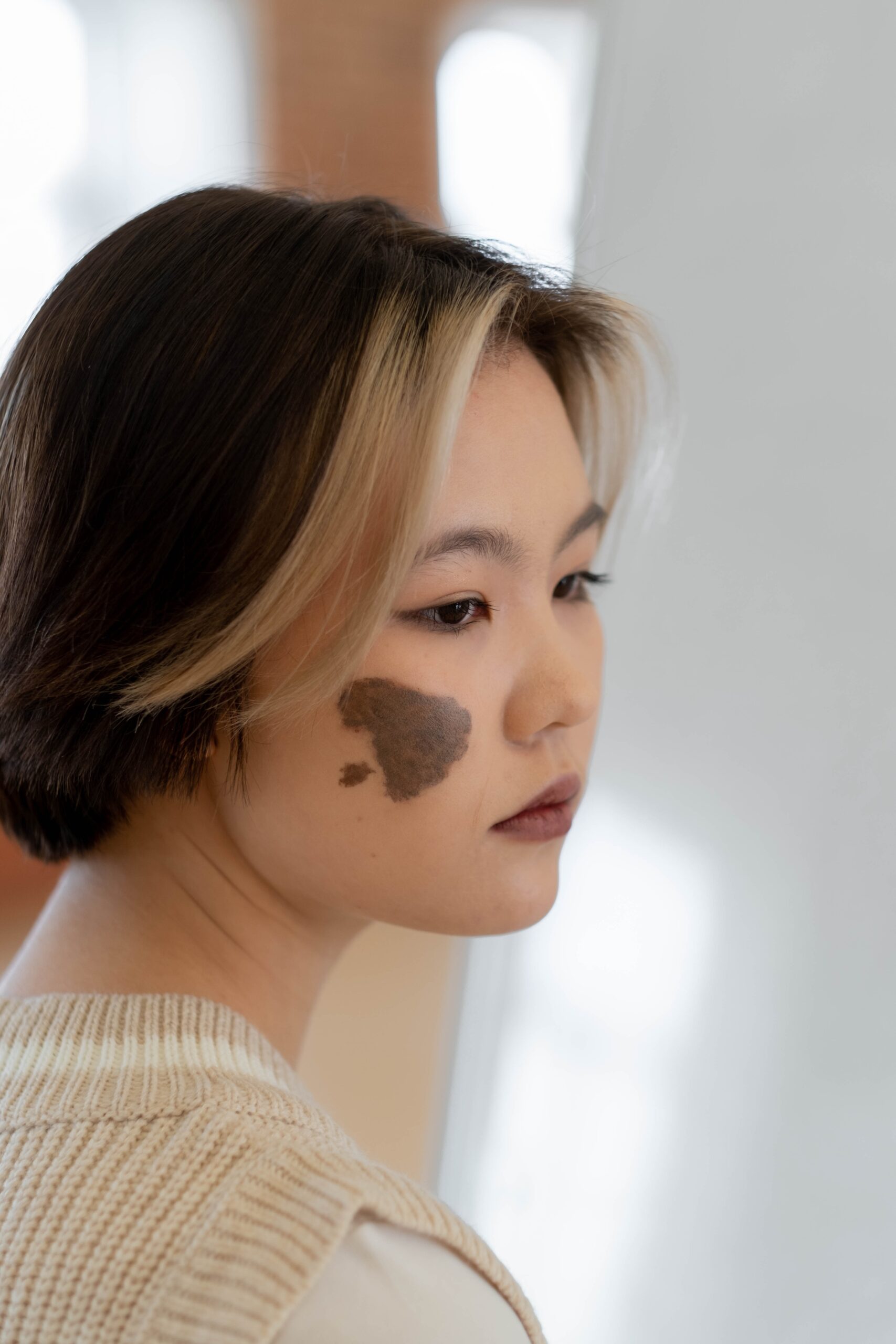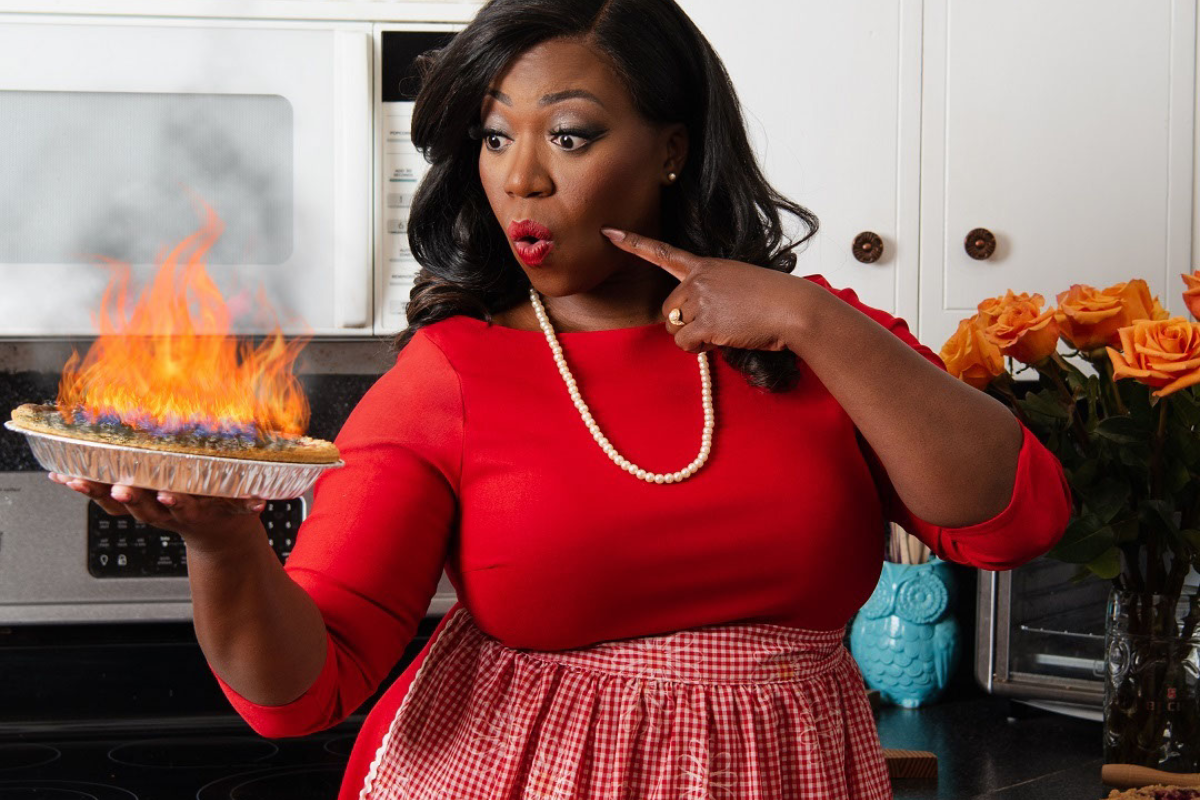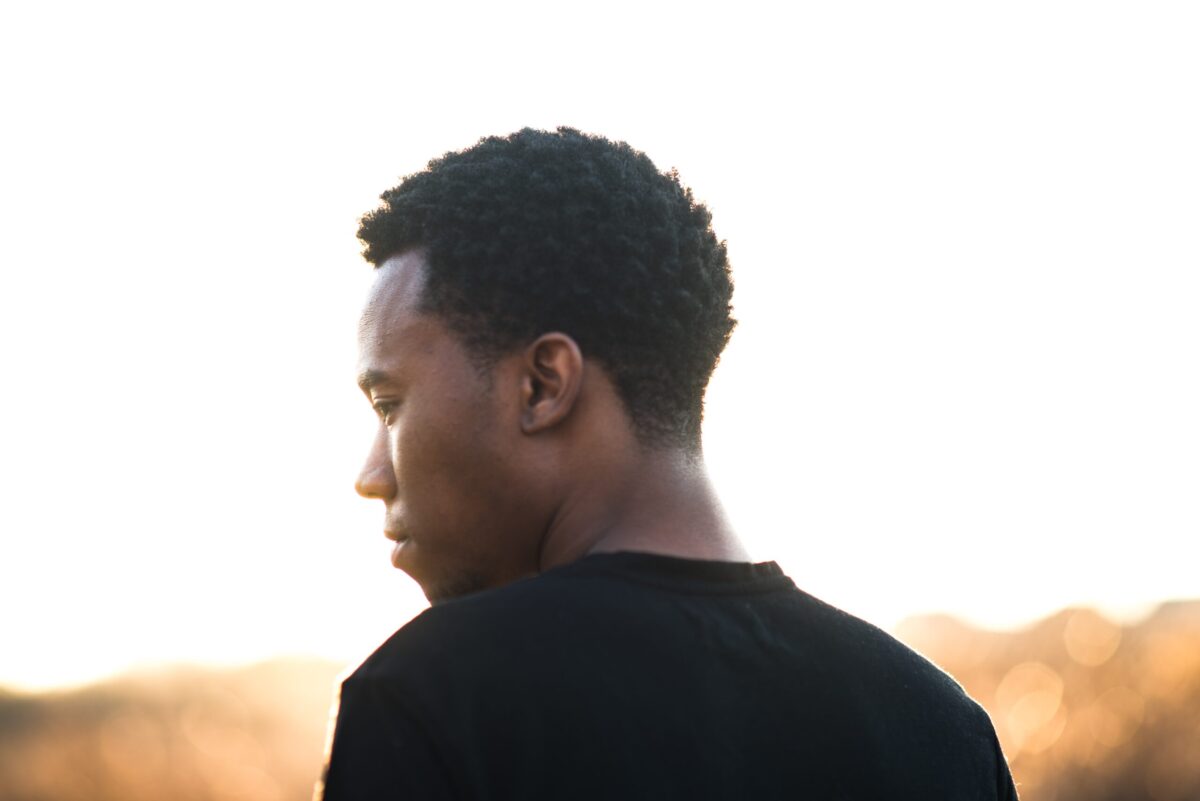Learning (to be) Korean
My first and worst moment as a parent occurred on the same day. My husband and I waited two and half years to travel halfway around the world to adopt our son from Korea, and yet the day we took custody of him broke us all. He joined our family speaking only Korean and remained steadfast in its use for a few weeks. However, when his foster mother never came back, no matter how many times he waited by the door, he realized the futility of his hope, and with it, syllable by syllable, his Korean language dropped away. I saw this same sorrowful sloughing away of a Korean identity with my second son, adopted from Korea a few years later, but these were not the first times I experienced this. The first time occurred after my own adoption from Korea some thirty years before. Born in Busan, South Korea, and adopted at six months by a Jewish American family in the suburbs of Washington, D.C., I was cut off from the Korean language and …

